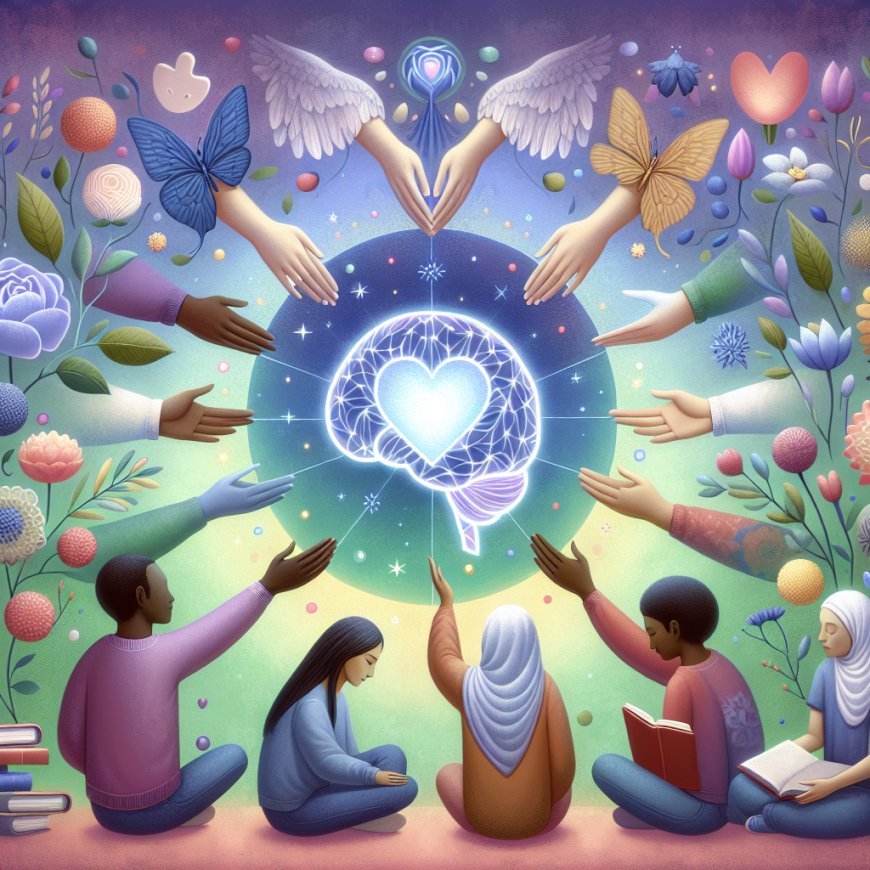Why is Mental Health Important?
Discover why mental health is crucial for overall well-being, its impact on daily life, and strategies to prioritize it. Learn more at Varient News and explore our Health page for comprehensive insights.

Why is Mental Health Important?
Introduction
Mental health is a cornerstone of overall well-being, yet its significance is often underestimated. It influences how we think, feel, and act, shaping our ability to handle stress, build relationships, and make decisions. In this article, we will delve into the importance of mental health, its impact on daily life, and why prioritizing it is essential for individuals and society as a whole.
The Importance of Mental Health
-
Enhances Quality of Life
- Good mental health allows individuals to enjoy life, pursue their goals, and experience a sense of fulfillment. It fosters resilience, enabling people to bounce back from setbacks and challenges.
-
Improves Physical Health
- Mental and physical health are deeply interconnected. Poor mental health can lead to physical health issues such as heart disease, weakened immune function, and chronic pain. Conversely, good mental health can enhance physical well-being and longevity.
-
Boosts Productivity and Performance
- Mental health plays a crucial role in productivity and performance at work or school. Individuals with good mental health are more focused, creative, and efficient, leading to better outcomes and achievements.
-
Strengthens Relationships
- Healthy mental states contribute to better communication, empathy, and understanding in relationships. It helps individuals build and maintain strong, supportive connections with family, friends, and colleagues.
-
Reduces Healthcare Costs
- Prioritizing mental health can lead to early detection and treatment of mental health issues, reducing the need for more intensive and costly interventions later. It also decreases the burden on healthcare systems.
-
Promotes Social Harmony
- Mental health is vital for social cohesion and community well-being. It reduces the prevalence of social issues such as crime, substance abuse, and homelessness, fostering a more harmonious society.
Strategies to Prioritize Mental Health
-
Self-Care Practices
- Engage in activities that promote relaxation and joy, such as hobbies, exercise, and mindfulness practices.
-
Seek Professional Help
- Therapy and counseling can provide valuable support and coping strategies for managing mental health issues.
-
Build a Support Network
- Surround yourself with supportive and understanding individuals who can offer emotional support and encouragement.
-
Educate Yourself and Others
- Increase awareness and understanding of mental health to reduce stigma and promote a culture of openness and acceptance.
-
Advocate for Mental Health Resources
- Support policies and initiatives that improve access to mental health services and resources in your community.
Conclusion
Mental health is a fundamental aspect of overall well-being and should be prioritized by individuals, communities, and societies. By understanding its importance and implementing strategies to maintain it, we can lead healthier, more fulfilling lives and create a more supportive and harmonious world. For more insights on mental health and other health-related topics, visit Varient News and explore our Health page.
What's Your Reaction?
 Like
0
Like
0
 Dislike
0
Dislike
0
 Love
0
Love
0
 Funny
0
Funny
0
 Angry
0
Angry
0
 Sad
0
Sad
0
 Wow
0
Wow
0




















































